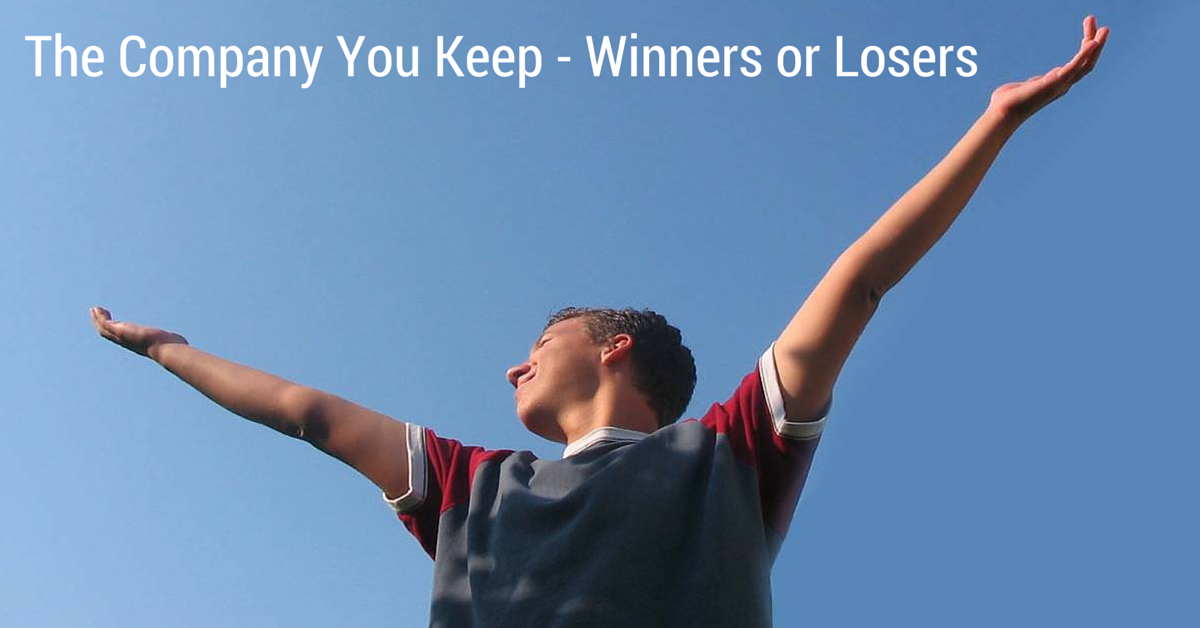You may have heard that man is a social animal (so are women), but what you probably didn’t hear as much is this:
The key to success often hides in the company you keep.
Many people who initially struggle with their lives, find their feet back later on and transform themselves. Sabyasachi Mukherjee in fashion for instance. Boman Irani or Nigella Lawson. Eminem. Jeffry Archer. They suffered drug problems, went to jail or failed miserably in their youth, but then emerged like the phoenix. What is the secret to this? Ratnakar to Valmiki transformation always has one common feature.
If you look into what they did right, you’d see that they changed their friends along the way. Changing friends does not sound exactly like something honorable to do – but it is like a lever – it can make the train of life go one way or the other.
Studies by psychologists show that during childhood, almost everyone makes a conscious decision to make friends with a certain category of people – winners or losers. The outcome of their life, almost always, depend on this one single event, unless they change track somewhere later. Those who keep the company of successful, hard-working, confident kids tend to value and display those traits themselves.
The problem is that in the beginning, for a teenager, it is not always obvious as to who are the winners and who are the losers. People carrying guns or involved in organized crime may seem cooler than the kids spending most of their day working on their skills. Classmates who spend more time gossiping than productive pursuits may appear closer and kinder.
What is important here is that people can change the company they keep at any later point in their lives, and this seems to alter how they deal with the world in fundamental ways. If successful, confident and optimistic grown up men or women are surrounded by people who are unproductive, fatalist and negative in their general outlook, it is highly likely that they would lose the confidence and optimism, and subsequently their success.
If you want to be great at martial arts, hang out with black belts. If you keep the company of the rich, you would probably learn to manage your money much better.
What is the takeaway from this?
Be careful about the company you keep, it affects you in ways beyond you can perceive.
Here’s a small exercise: THINK, IMAGINE, WRITE DOWN
Who are your friends? Who are the people you hang out with the most? Are they striving, optimistic and successful? Are they negative in their approach to life? How do you think the company you keep is affecting you?
If you could, who would you spend more time with – at work, or during leisure?
If you were on a mission of self-development, whose traits and qualities will you like to pick up the most?
If you were going to crack an exam, should you spend more time with people who are proactive about handling the exam, or those who are spending their time procrastinating? If you would appear in an interview, should you collaborate with the most ambitious people, maybe those who are more advanced than you, or the ones who make you feel good to hang out with because you know more than them? Those choices are likely to make or break your career.
 Serato DJ Crack 2025Serato DJ PRO Crack
Serato DJ Crack 2025Serato DJ PRO Crack








 Allow notifications
Allow notifications


